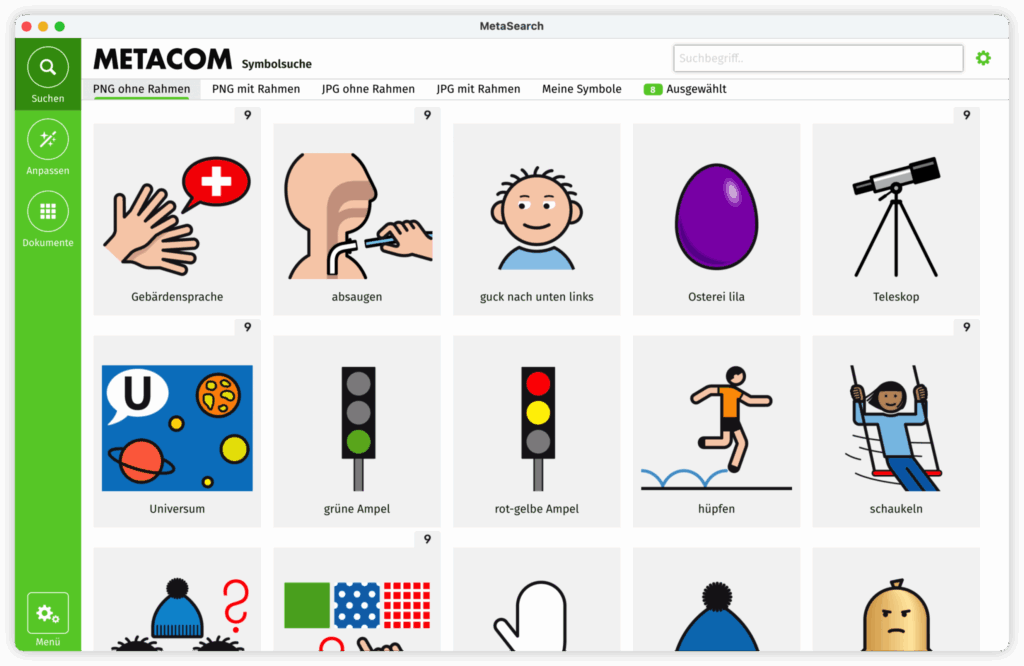
Introduction
In the rapidly evolving digital landscape, search engine optimization (SEO) remains a critical component for online visibility and user engagement. One of the fundamental elements of SEO is the effective use of meta tags. Adequate understanding and implementation of these tags can significantly impact a website’s ranking, click-through rates, and overall online success.
What are Meta Tags?
Meta tags are snippets of text that describe a page’s content; they do not appear on the page itself but are part of its code. These tags convey essential information to search engines about the webpage, which helps in indexing and displaying it in search results. The most common types of meta tags include the title tag, meta description, and meta keywords.
The Role of Key Meta Tags
The title tag is perhaps the most important meta tag. It tells both search engines and users what the webpage is about. Search engines often display the title tag as the clickable headline in search results, making it crucial for attracting visitors. Ideally, it should be concise, relevant, and include keywords targeted by the page.
The meta description tag, while not a direct ranking factor, significantly influences click-through rates. This summary of the page’s content appears under the title in search results, and a well-crafted description can draw more clicks. It should be engaging, informative, and ideally between 50-160 characters.
Though less relevant today than in the past, the meta keywords tag was once used to specify important keywords for SEO. Its usage has declined, and major search engines like Google no longer consider it for rankings. However, understanding this evolution helps website owners focus on more impactful SEO practices.
Current Trends and Relevance
With search engine algorithms continuously updating, the significance of meta tags remains consistent. In 2023, as artificial intelligence and machine learning shape search engine results, optimizing meta tags with relevant keywords, clear descriptions, and engaging titles is more important than ever. Businesses must stay informed about the latest SEO trends to maintain or improve their search rankings.
Conclusion
In conclusion, meta tags are an essential tool for effective SEO strategies. They play a pivotal role in how websites are indexed and displayed by search engines. By implementing concise title tags and engaging meta descriptions, webmasters can improve their site’s visibility and drive more traffic. As digital trends evolve, staying updated on SEO best practices, particularly in using meta tags, will remain crucial for online success.






